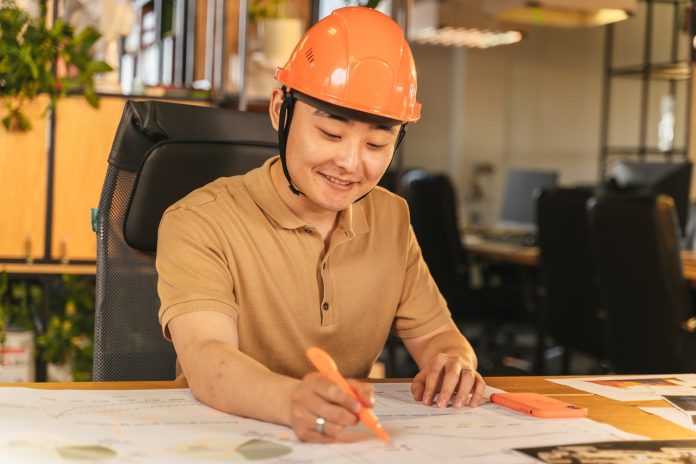Doing odd jobs around the house easily leads to homeowners getting the DIY itch. What starts as small house updates soon becomes a full-scale commitment to knocking walls down and even building a house from scratch.
If you choose to take the leap and do more adventurous largescale house renovations, no matter how much research you completed beforehand, you probably encounter unprepared for pitfalls.
Fletchers Waste Management, which provides skip hire services to first-time and professional house builders, hear regular stories about people’s building projects about what did and what did not go well. Because of this, they put together a list of five things to learn to make your build go as smoothly as possible.
1. Be Lenient with Your Timeline
When starting a project, you always have a dream completion date in mind. However, it is essential to set expectations from the start and prepare for this date to change and become merely a guideline. There are inevitably construction challenges, scheduling clashes, and weather changes. This means your house build finish date does not always pan out.
2. Have a 5-year Design Plan
Building a house is a considerable investment. With the average homeowner spending 21 years in their home, it makes sense that to think ahead when choosing your house designs. What you want to have in your home now might not be practical in 5-10 years. Some people decide to have children further down the line. Therefore, preparing for this with your designs saves you a lot of money and stress.
3. Complete the Build Before Moving In
Building a house is an exciting experience, which means you want to move in as soon as possible. However, professionals recommend making sure that everything completes before you decide to move in. Even if you need to complete the garden or finish decorating a bedroom that won’t be used for a while, a completed build is important. Otherwise, these projects keep pushing back, and everyday life eventually takes over. If you still have workmen and skip hire to hand, finish the jobs so you have nothing else to think about once you settle.
4. Think Storage
When making plans for your home, the kitchen, bathroom, and living spaces usually get the most attention. But how often does one consider storage when designing and building a house? Before moving in, it is hard to imagine how much ‘stuff’ ends up accumulating in the house. Therefore, make sure you have enough storage for now and for the future. This helps you improve your lifestyle and organization.
5. Do Research on Your Contractors
Although most contractors are reliable and do a great job, there are some who do not have the best track record. Before committing, it is recommended to always do your research and ask them for customer reviews and photos of projects completed in the past. For example, when you are looking for energy suppliers in your area that will play a significant role in building your new home as this involves long-term usage and a financial commitment. There are lots of horror stories out there of people handing over deposits and not hearing from the contractors again. This saves your time and money but ultimately gives you the peace of mind when building a house, ensuring you your work will be completed along the timeline and standard agreed upon.
Find a Home-Based Business to Start-Up >>> Hundreds of Business Listings.
















































